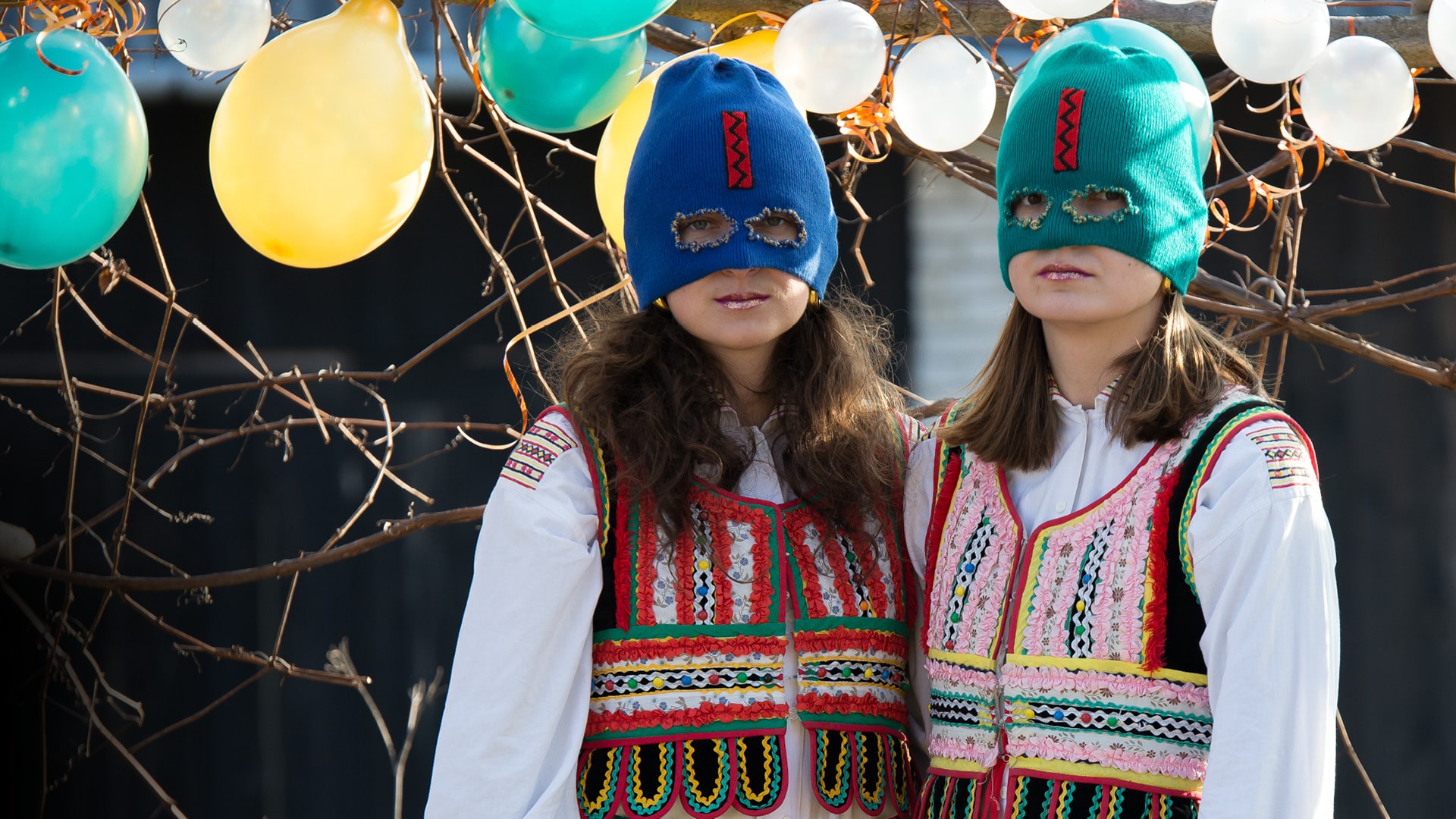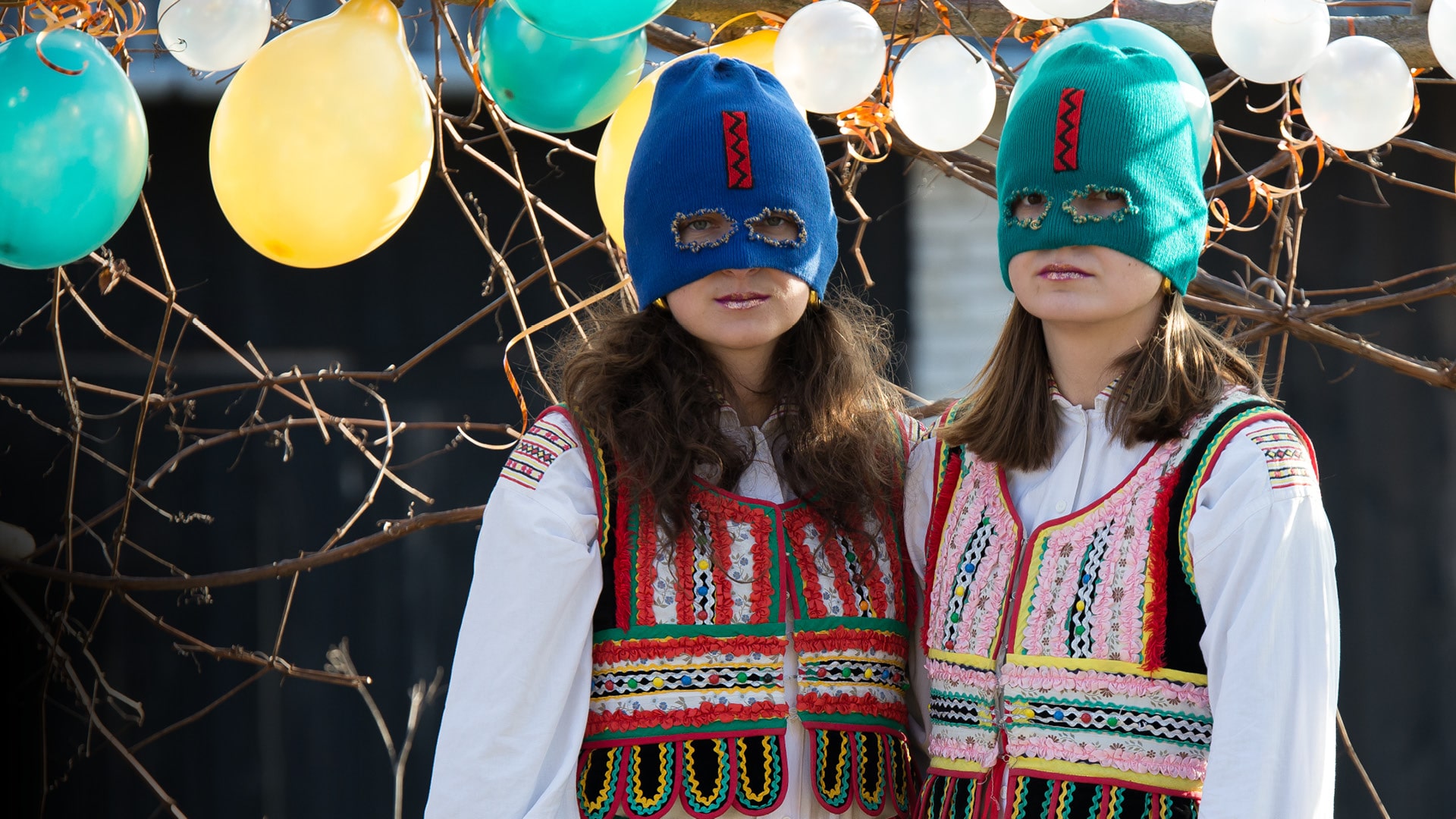„Fallschirmjäger” nennt Jean-Marie Straub Filmschaffende, die „einfach vom Himmel herunterfallen irgendwo und Hopps, schon dreht die Kamera. Und die filmen etwas, was die nicht einmal gesehen haben, sich nicht einmal die Zeit genommen haben, es anzugucken.“ Die ukrainische Filmbranche profitiert kaum von den „Fallschirmjägern”, viele Ukrainer:innen arbeiten – wenn sie nicht an der Front sind, nebenbei als Fixer mit der stetigen Gefahr fürs eigene Leben, oft ohne Versicherung und Arbeitsvertrag.
In diesem Panel gehen wir dem Problem auf den Grund und schauen uns gleichzeitig Beispiele von Initiativen an, welche die ukrainische Filmindustrie unterstützen, statt sie auszubeuten.
Keynote: Illia Gladshtein
Mit: Alisa Kovalenko, Rita Burkovska, Miriam Carbe
Moderiert von Heleen Gerritsen


